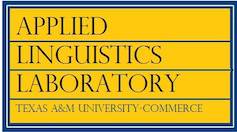The effects of an experimental approach to writing instruction on monolingual and multilingual pupils in Italian primary schools
DOI:
https://doi.org/10.21283/2376905X.10.162Keywords:
MULTILINGUAL PUPILS, L1/L2 WRITING, WRITING DEVELOPMENT, WRITING INSTRUCTION, PRIMARY SCHOOLAbstract
This article reports on the results of an action-research project in Italian primary schools. Its main principles are formative evaluation, a process orientation to writing, cooperative learning, and an inclusive approach that does not separate pupils according to their linguistic or writing skills. Pupils aged eight to eleven years old participated in the study in seven experimental (N = 106) and seven control classes (N = 118). Their texts were examined both holistically, through scales of communicative effectiveness, and by means of analytical measurements. The comparison of monolingual and multilingual pupils in both experimental and control classes shows a number of similarities in terms of textual competence, as well as a few differences, especially regarding the more linguistic aspects of writing, such as verb tense cohesion. A remarkable result is that students’ text quality seems to depend more on their participation to the program than on their monolingual or multilingual status.
Downloads
Published
How to Cite
License
Copyright (c) 2019 Gabriele Pallotti

This work is licensed under a Creative Commons Attribution 4.0 International License.


